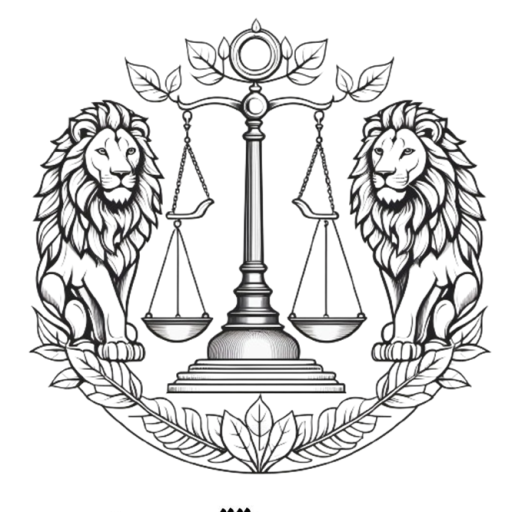Amirali R. Davoudpour 1
- Iranian Canon of Medicine and Law, Administrative Wing of Law and Healing Association, Iranian Watchdog of Medicine and Law, Tehran-Iran
Email of the corresponding author: davoudpour@iintbar.org
Accepted and published April, 2025
This article is published under CC BY 4.0 creative common license that Allows others to distribute, remix, adapt, and build upon the work, even commercially, as long as they credit the original creator.
Amirali R. Davoudpour 1
- Iranian Canon of Medicine and Law, Administrative Wing of Law and Healing Association, Iranian Watchdog of Medicine and Law, Tehran-Iran
Email of the corresponding author: davoudpour@iintbar.org
Accepted and published April, 2024
This article is published under CC BY 4.0 creative common license that Allows others to distribute, remix, adapt, and build upon the work, even commercially, as long as they credit the original creator.
ISSN 2957-2169
DOI: https://doi.org/10.5281/zenodo.15153275
Citation: Davoudpour, A. R. (2025). The Great Persian Famine (1917–1919): Causes, Consequences, and Legal Reflections on Historical Responsibility. Journal of Iranian International Legal Studies, 7(1), A1. https://doi.org/10.5281/zenodo.15153275
Abstract
The Persian Famine of 1917–1919, which coincided with World War I, stands as one of the most catastrophic humanitarian disasters in Iranian history. While estimates of the death toll vary between 2 to 10 million people, the famine’s causes are rooted in both natural factors and foreign military intervention, particularly by British forces. This paper reviews the causes, consequences, and scholarly debates about the famine’s nature — including claims of it being a “silent genocide” — and explores the theoretical possibility of pursuing international legal action for historical injustice.
Keywords: Famine, Genocide, Iran, World War I
